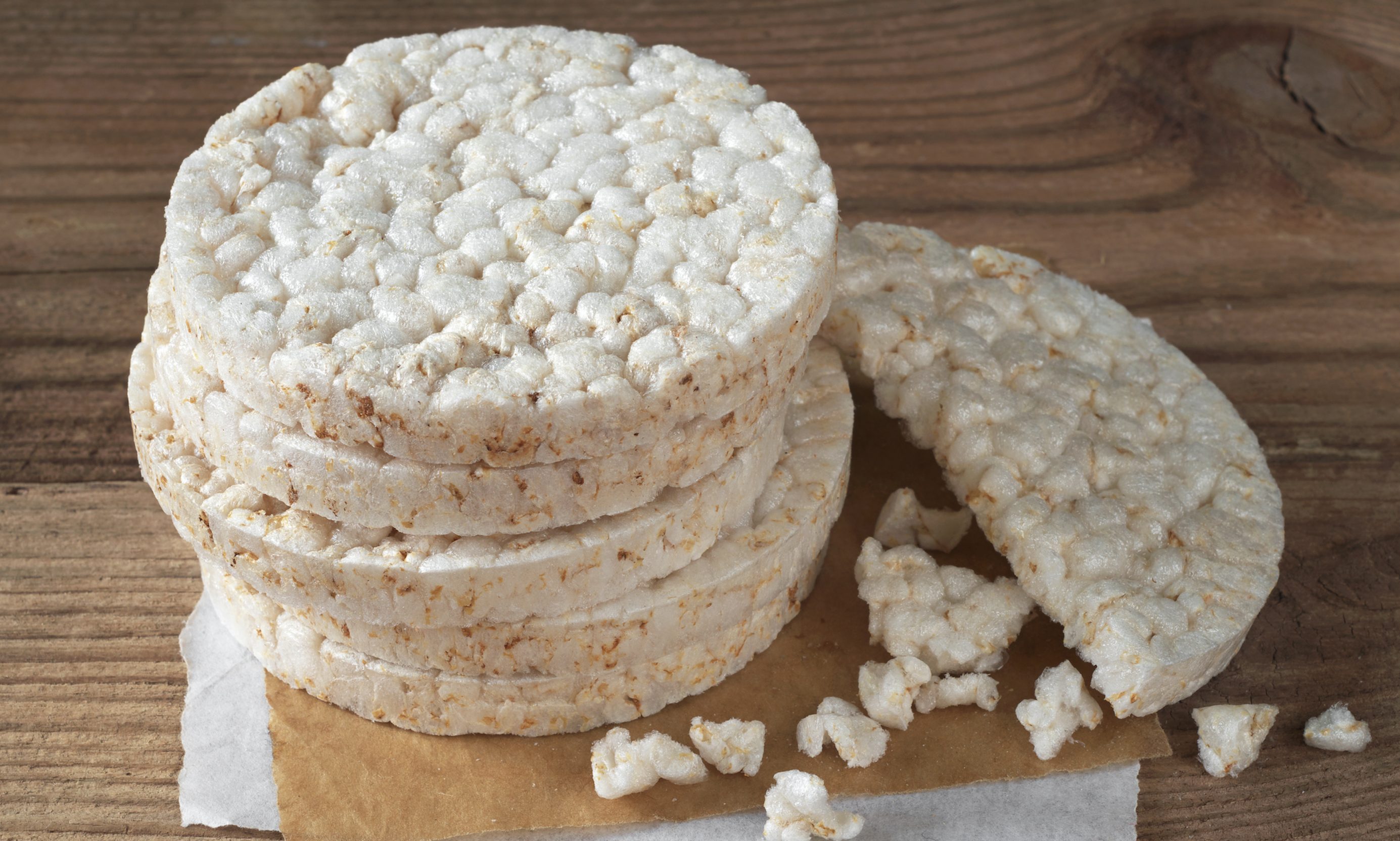Here are 10 healthy foods to give to your dog
Anyone who owns a dog and really cares about its health, can not disregard knowing which foods to supply its and what not.
;Resize,width=742;)
Anyone who owns a dog and really cares about its health, can not disregard knowing which foods to supply its and what not. Some should be totally avoided: sweets, for example, can cause diabetes and yeast can lead to ulcers or poisoning. Others, however, like the liver, butter or carrots, could contribute to a noticeable improvement in the health of your dog. The important thing is that you know what the recommended foods are.
Here are 10 healthy foods for your dog:
1. Lean meat: Meat is the favorite food for every dog. In particular, lean meat (veal, chicken, turkey, rabbit, etc.) can be highly beneficial for your animal, as a source of amino acids and B vitamins (elements that will give him energy and muscular resistance).

2. Liver: When taken in the right quantities, liver can provide your dog with iron and vitamins from groups A, B and K. This food can be bought in dog stores (in lyophilized form), in supermarkets or in regular stores. food. Remember, however, to take care of the quantities: 1 gram of liver per kg of body weight, to avoid serious vitamin A intoxications.

3. Tuna and salmon: Omega 3 fatty acids can support your dog's immune system, but also give shine and vigor to its coat. Get tuna or salmon, in order to guarantee the right intake of these beneficial fats, as well as proteins and vitamins.

4. Flax seeds: Another great source of omega 3, flax seeds can be consumed solid (plus fiber intake) or in the form of oil (more omega 3, because more concentrated). In both forms, flax seeds can be stored in the refrigerator.

5. Coconut oil: Coconut oil is a real cure for your animal's health. Thanks to lauric acid, this food helps to keep the immune system efficient; in addition, coconut oil can improve the digestion of your dog and reduce the risk of the onset of tumors. Incredible to say, coconut oil supports thyroid activity, reduces arthritis and fungal infections, balances metabolism and makes your dog's fur and skin softer and more resistant. If you had not taken it into consideration yet, do it!

6. Cheese, ricotta cheese and yogurt: If your dog is not lactose intolerant, then consider adding cheese to its diet. Opt for cheeses with reduced fat intake (for example ricotta cheese), to guarantee the entry of calcium and proteins. Yogurt (natural, without added sugars!) can also help his intestinal functions.

7. Oatmeal: To ensure the correct amount of daily fiber, place oatmeal in your dog's diet. This food can replace wheat in case of intolerance and help elderly dogs with constipation problems.

8. Carrots and sweet potatoes: Very useful for the health of the teeth, carrots are foods with low caloric intake rich in fiber and beta-carotene (precursor of vitamin A). Also sweet potatoes convey, like carrots, fiber and beta-carotene, as well as vitamins B6 and C and manganese (ally of coagulation, immune system, bones and thyroid).

9. Broccoli: This type of vegetable is able to help sight and protect the heart, as well as helping to prevent diabetes and to make excellent amounts of antioxidants and vitamins. Only one recommendation: to avoid gastrointestinal irritations, make sure that they do not exceed 10% of your dog's overall diet.

10. Peanut butter: Always considered an excellent food to be included in the diet for dogs, peanut butter guarantees a good protein and lipid intake, as well as vitamins B and E. It is believed, however, that peanut butter possesses aflatoxins, metabolites produced by some types of fungus (Aspergillus flavus and A. parasiticus) which would seem to possess a certain toxic and carcinogenic power. Therefore, before introducing it in your dog’s diet, it would be a good idea to seek the advice of an expert.

;Resize,width=767;)

;Resize,width=712;)

